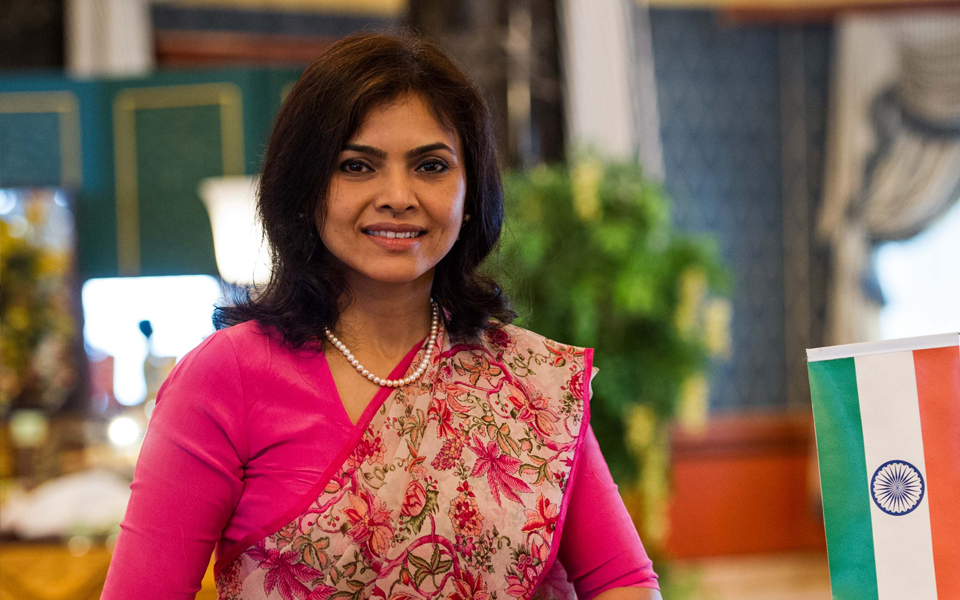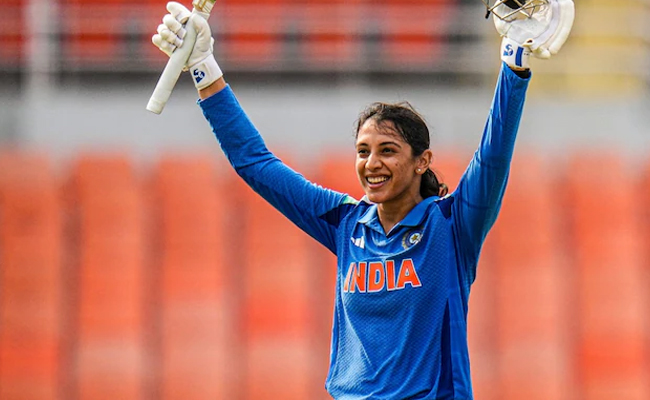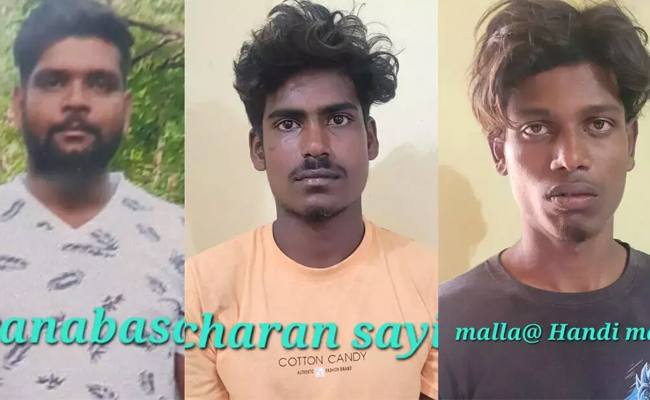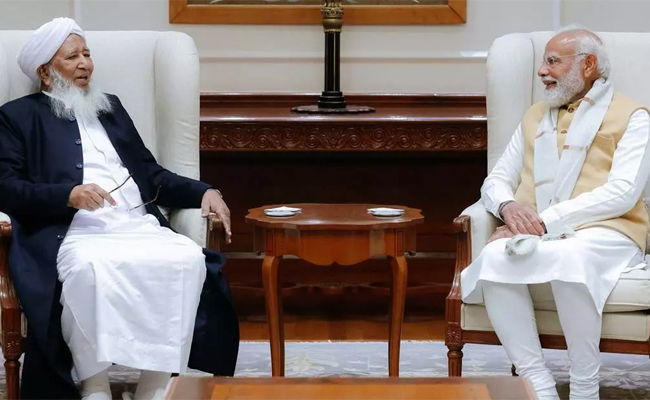If the right opportunity is given to Muslim women, they can achieve anything and scale any heights. Nagma Muhammad Fareed who is appointed as the Joint Secretary in the Ministry of External Affairs, held by Sushma Swaraj, is a fine example for this. Nagma Fareed is the first Muslim woman who was selected for the coveted Indian Foreign Service ( IFS ) post in India and she is also the first Muslim woman who is working in an important position with the External affairs Minister.
1920 and 1930s Muslim Community of Kerala and Karnataka was very backward. But a boy from ‘Pudipura family’ of Chemanadu village in Kasaragodu, situated on the bank of Chandragiri river, started going to primary school in Kasaragodu crossing the river during those days. He completed his high school in Mangaluru and left for Madras ( now Chennai) for college education. He got two degrees from the university and became an advocate. After returning to Kasaragodu, he started his profession as advocate and became famous as ‘Vakeel Ahmed’.
Nagma Muhammad Fareed is the daughter of this illustrious father Ahmed. Ahmed has sent his three sons to Madras for higher education. Against the existing practice in Muslim community at that time, Ahmed sent his only daughter to school. She was the only Muslim girl who had completed metric education during that time in the district.
Nagma was very good in her studies and secured good marks at Schools and colleges . Her parents wanted her to become a doctor. But the ambition of Fathima Nagma was different. She wanted to write IAS exam. She was educated at St Stephen's College & Delhi School of Economics. She holds a bachelor's degree in English Literature and a master's degree in Sociology. She appeared for IAS ( UPSC) exams in 1990. She secured a rank within 100. Due to her good ranking she got the opportunity to select the foreign service . So, Nagma selected Foreign service and joined in the batch of 1991.
In the beginning, she served in France, Arab countries, Sri Lanka, Nepal and other countries in the Ministry of Foreign Affairs. Later, she was appointed first as the Indian High Commissioner to Thailand and later as the Indian Ambassador to Tunisia. Before this posting, she served as a staff officer to Prime Minister I.K. Gujral. She then served as the first woman Deputy Chief of Protocol (Ceremonial).For the last three years, she was serving as Indian High Commissioner to Brunei Darussalam.
Now, she is elevated as the Joint Secretary to Foreign Affairs Minister Sushma Swaraj. One of her brother is serving in high rank in the Indian Air Force.
Let the Truth be known. If you read VB and like VB, please be a VB Supporter and Help us deliver the Truth to one and all.
New Delhi (PTI): Star batter Smriti Mandhana, who played a pivotal role in India's historic 2025 Women's World Cup triumph, was named the BBC Indian Sportswoman of the Year for 2025 at a glittering function here on Monday.
Chess prodigy Divya Deshmukh won the Emerging Player of the Year award, for her historic FIDE Women's World Cup triumph at just 20.
Preethi Pal was named the Para-Sportswoman of the Year, for winning two bronze medals at the 2024 Paris Paralympics in track and field, while Anjali Bhagwat was honoured with the Lifetime Achievement Award, recognising her pioneering career as India's first woman shooter to reach an Olympic final and her trailblazing success on the world stage.
Mandhana, who is currently touring Australia with the Indian team for multi-format bilateral assignments, said in a video message: "Thank you BBC for giving me the awardfor Best Sportswoman of the Year. 2025 was a special year for women's cricket, especiallytowards the end we had a World Cup and I'm happy I could contribute and help India win matches.".
At 29, the left-handed batter is already among the game's greats, with the second-highest number of centuries in women's One Day Internationals and ranking third in total runsscored among current players worldwide.
Hailing from Sangli city in Maharashtra, the affable Mandhana was inspired by her father and brother, both of whom played cricket at the district level.
In September last year, she made a 50-ball hundred against Australia – the fastest 50 over international ton (men and women) by an Indian in the format, breaking Virat Kohli's record.
The award winners were decided by a distinguished grand jury comprising Leander Paes, Deepa Malik, and Anju Bobby George.
Praising the athletes' achievements CEO of BBC News, Jonathan Munro said: "Congratulations to this year's winners who showcase the very best in sporting excellence. The BBC World Service is committed to bringing such stories of human endeavour and outstanding success to audiences across India and around the world.".
Additionally, the ceremony also celebrated a wide spectrum of talent and impact, recognizing star performers and changemakers for redefining the landscape of Indian sport.
BBC Star Performers of the Year 202.
• Indian Women's Cricket Team: for their historic World Cup victory.
• Ekta Bhyan, Deepthi Jeevanji and Preethi Pal: for their trailblazing performances at the World Para Athletics Championship.
• Indian Women's Cricket Team for the Blind: for their inspiring World Cup victory.
• Indian Women's Kabaddi Team: for their smashing victory in World Cup.
.
BBC Changemakers of the Year 202.
• Indian Women's Ice Hockey Team: for breaking barriers in a non-traditional sport.
• Rajbir Kaur: Indian field hockey player and former captain of the women’s national team.
• Savita Punia: Indian field hockey player and current member of the national team.
• Paani Devi: recognised for her impactful contribution to grassroots sport.





